How crooked showman ‘Flash Jack’ Donovan made his fortune from the hanging of Ned Kelly
From street beggar to child prisoner to Australia’s best-known celebrity showman, “Flash Jack” Donovan packed a lot into his remarkable 57-year life, including making a fortune off Ned Kelly’s hanging.
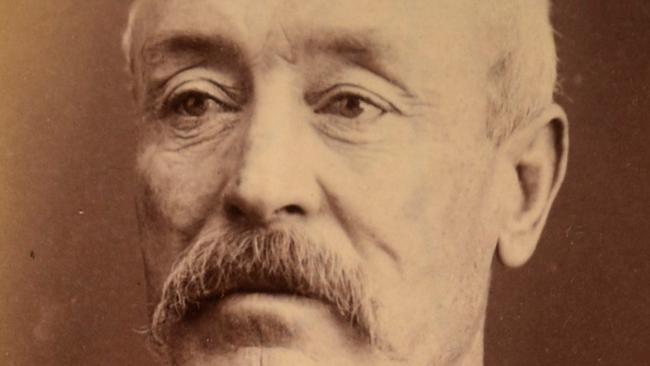
Black and White
Don't miss out on the headlines from Black and White. Followed categories will be added to My News.
There were more stories about Flash Jack Donovan than days in his life, and most of them were true.
During his 57 years, he spent time as a beggar, child prisoner, thief, swindler, conman, showman, and celebrity.
An immaculate dresser with the gift of the gab, he was easy to like but hard to trust.
Flash Jack is the subject of the third episode of our five-part miniseries on old Melbourne’s craftiest conmen in the free In Black and White podcast on Australia’s forgotten characters.
“A MAN IS NOT DRUNK UNLESS HE FALLS UNDER A TRAMCAR” (FLASH JACK DONOVAN, 1903).
Flash Jack Donovan was born in Melbourne in 1852. His father, Thomas Donovan, was a former convict, recently released after serving time in Tasmania. Thomas didn’t avail himself of the opportunity to make a fresh start in a new country. Instead, he invested his time in robbing people and running brothels in Melbourne’s Chinatown district. At one point he had a staff of 25 prostitutes working the streets for him. This included his wife: Flash Jack’s mother, Margaret.
Thomas and Margaret were excessive drinkers – and when they weren’t in prison they were out of control. This left young Flash Jack to be raised in low-class brothels, and free to wander the streets without adult supervision. Inevitably, this brought him under the attention of authorities, and he spent a great deal of his childhood as ward of the state. He constantly escaped Industrial School to rejoin his friends on the streets – and was subsequently swapped from institution to institution. This included a year in Pentridge adult prison, aged 12.
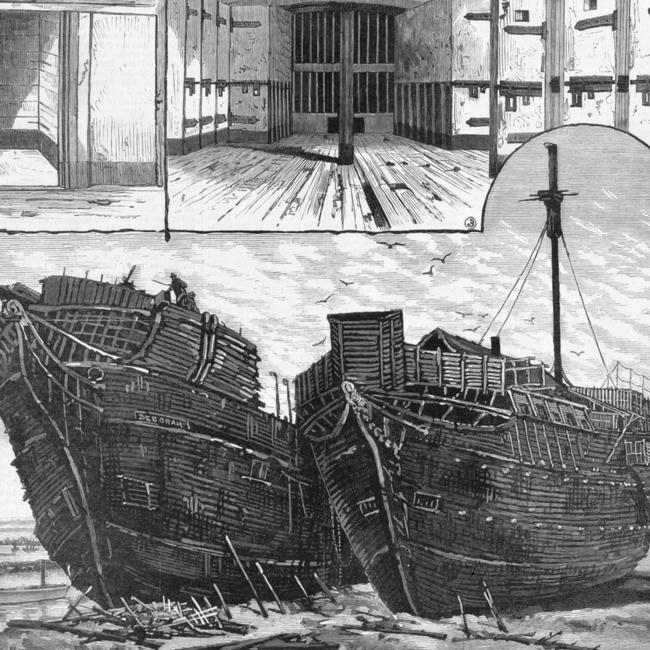
Labelled an ‘incorrigible’, he was transferred with other troublesome boys to the Juvenile Reformatory and Training Ship: ‘Deborah’.
Deborah was a former prison hulk, or floating prison, which had been repurposed in the 1860s to house boys in Flash Jack’s situation.
It was anchored in Hobson’s Bay. The boys lived aboard, where they received a school education and training for a career as sailors.
Flash Jack didn’t become a sailor though. At the age of 18, shortly after his release from the training ship, he was running one of Melbourne’s most-feared street gangs. The term for a street gangster in that era was a ‘larrikin’.
When arrested in 1870, Flash Jack called out to his comrades: “Never mind mates, I can do 3 months on my head; hooray for the larrikins, we’ll have Bourke St yet!”
The judge didn’t see things so lightly and sent him to prison for a year.
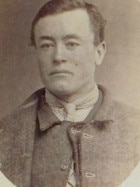
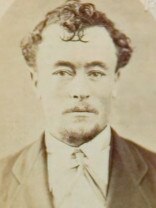
After this stint, Flash Jack gave up the gang life and concentrated instead on honing his skills as a conman.
In the 1870s he was sent to prison on four occasions. His main scam was to pose as the chief engineer of a currently berthed ship, using this assumed identity to fraudulently borrow money and obtain goods on credit.
In 1876 he escaped from Wagga Wagga Gaol. The escape wasn’t particularly daring. The warder had accidentally left the cell door open and Flash Jack simply walked out of prison and into the bush.
Conditions were hot and dry, so the police waited at a pub about 40 miles out of town, thinking he’d turn up there eventually, which he did.
By the late 1870s, Flash Jack had become Australia’s most famous showman. He travelled the country with entertainment extravaganzas featuring whatever he thought would bring the crowds: freak shows, boxing, athletics, theatrical performances, musical concerts etc. There were usually dramas in town during his stay, and lots of unpaid bills after he’d left.
In 1880, only hours after the execution of bushranger Ned Kelly, Flash Jack got his biggest ever coup.
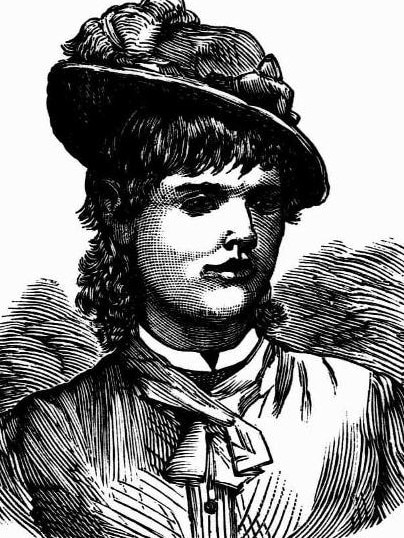
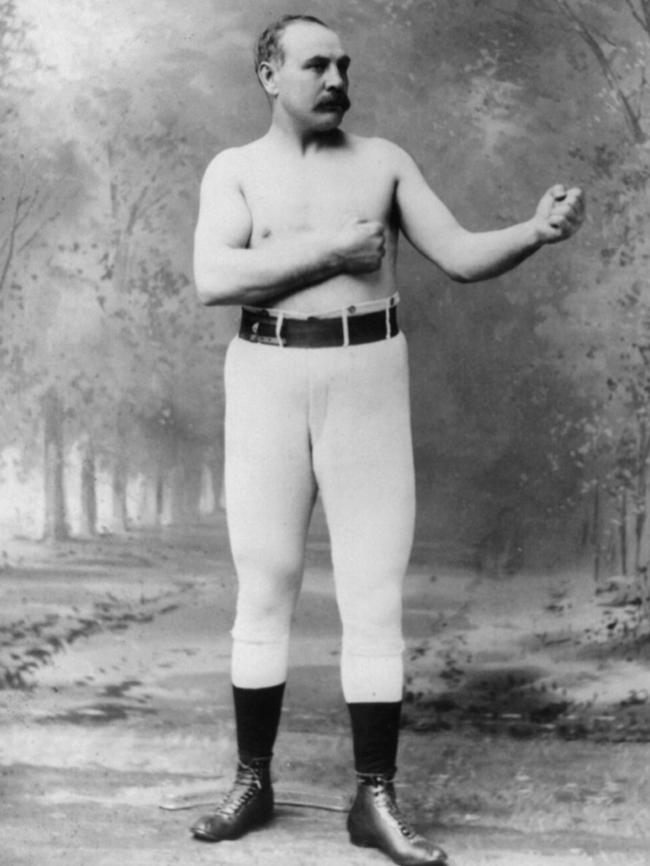
He signed Ned’s sister Kate, brother James, and even Ned’s horse, to tour with the show. He took them to Sydney, where huge crowds turned up to pay a shilling to see the Kellys pose in person. By the time police shut it down Flash Jack had made a fortune.
He lost the lot over the next ten nights though, betting big in a high-roller gambling den in Sydney’s Haymarket.
From there the legend of Flash Jack Donovan grew and grew. There was the time he threw his dead dog through the plate glass window of a well-known Collins St dentist. The time he punched former world champion boxer, Jem Mace, in the nose for a dare of £5.
And then there were the many times he impersonated the Melbourne policeman: Detective-Sergeant Nixon. The two bore an uncanny resemblance and Flash Jack made use of this to get free drinks, loans, and goods on credit.
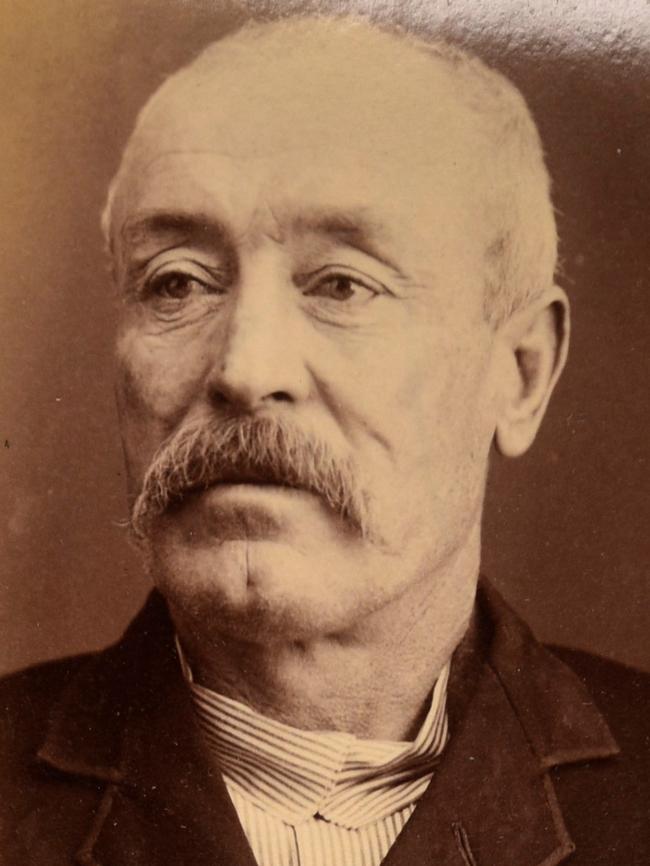
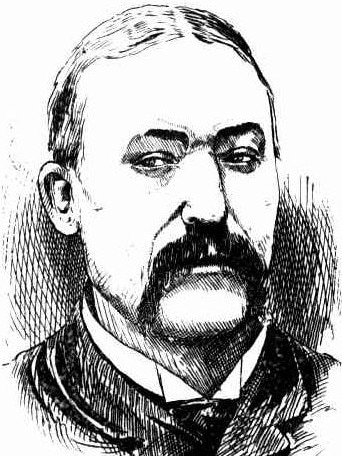
Flash Jack was found dead in 1909, floating in the Yarra near Princes Bridge. There were no apparent injuries or signs of struggle. Friends and family didn’t think he’d been despondent of late. The Coroner gave the cause of death as drowning, with no evidence as to how he got in the water.
Flash Jack had been larger than life. He’d won and lost countless fortunes over the years. He’d been welcomed and celebrated by high society. Most Australians knew his name, and few would forget it.
Whether he died by murder, suicide or misadventure, stories of the shifty escapades of Flash Jack Donovan would be told for generations to come.
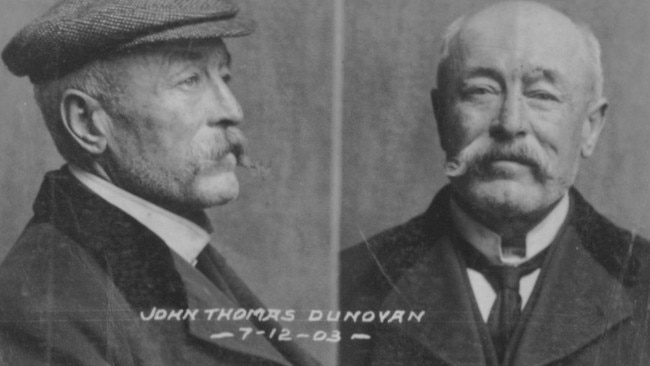
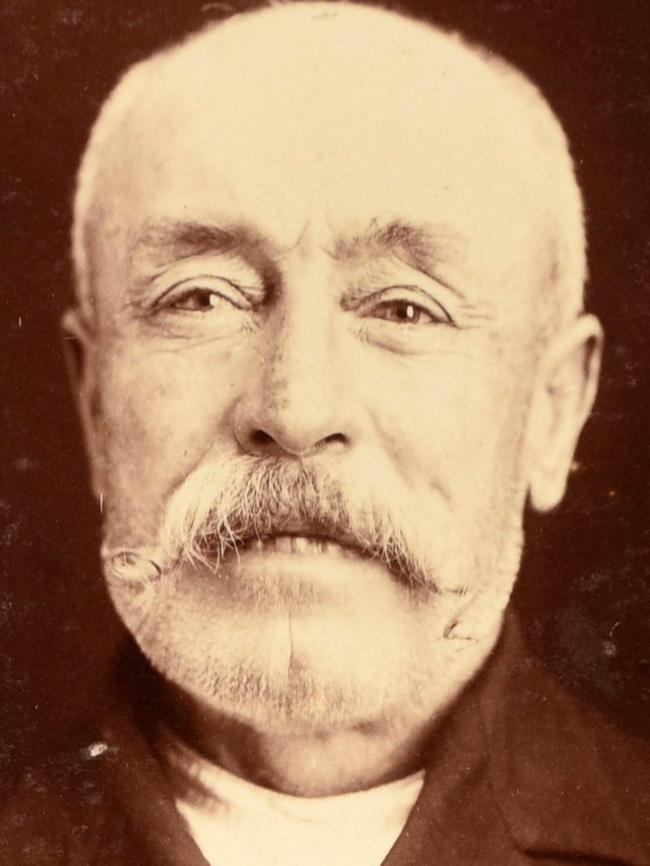
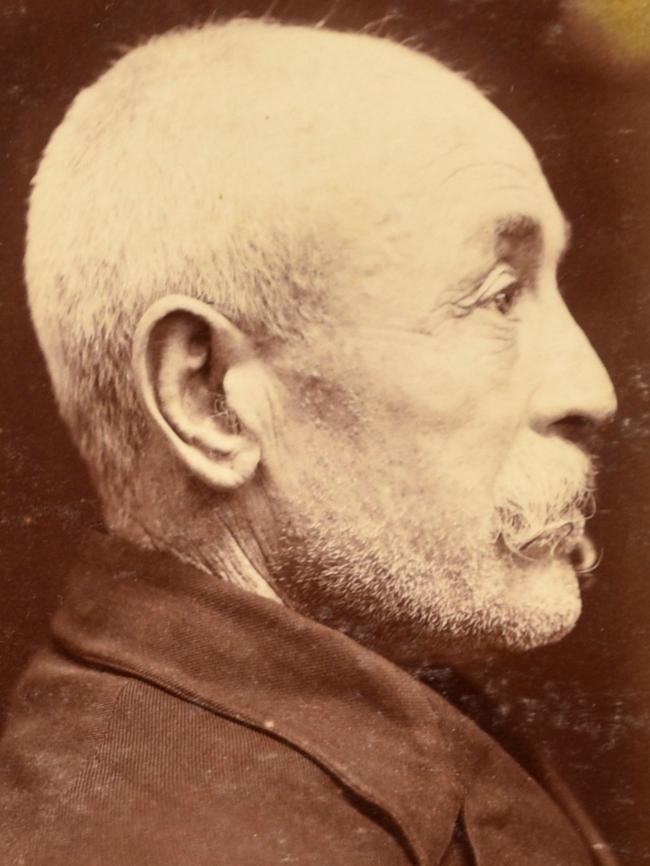
Michael Shelford is a Melbourne writer, researcher, and creator and guide for Melbourne Historical Crime Tours.
Listen to the interview with Michael Shelford now in today’s new free episode of the In Black and White podcast on Australia’s forgotten characters on Apple/iTunes, Spotify, web or your favourite platform.
And check out Part 1 in our series on old Melbourne’s craftiest conmen, the story of shonky undertaker Rev Charles Jones, who registered his own church to save on funeral costs, and Part 2 on Smith Brown, the 1840s ex-convict who swindled Melburnians with one simple trick.
And see In Black & White in the Herald Sun newspaper Monday to Friday for more stories and photos from Victoria’s past.
